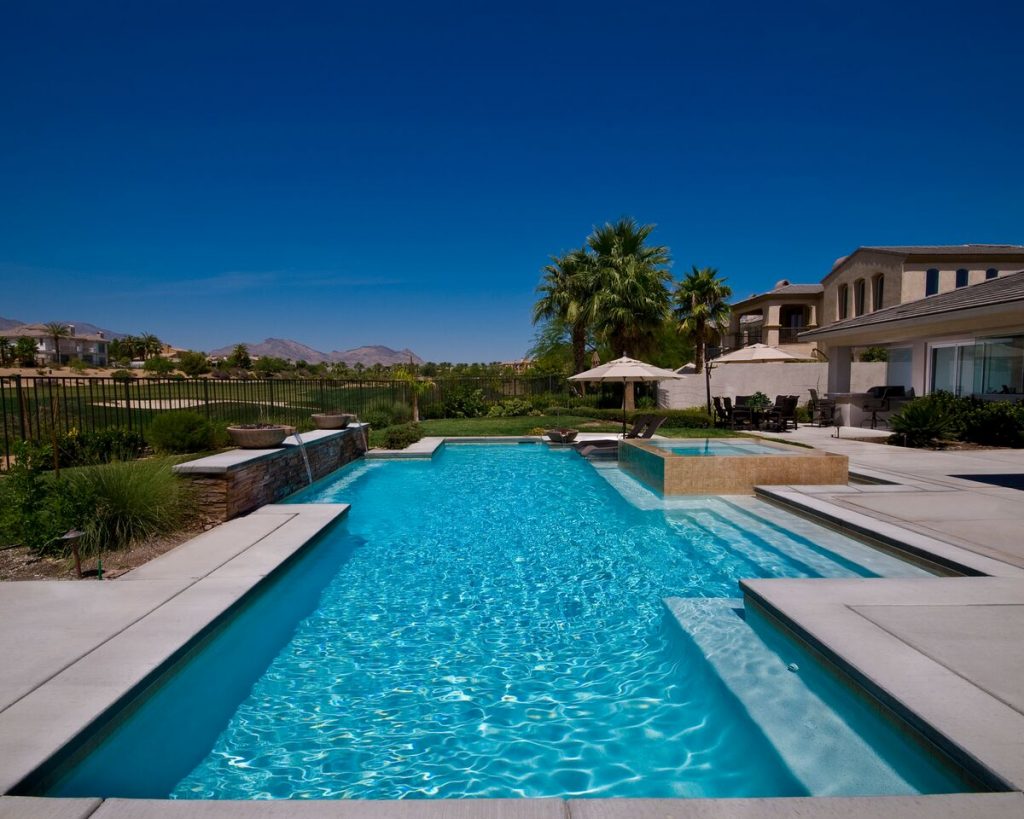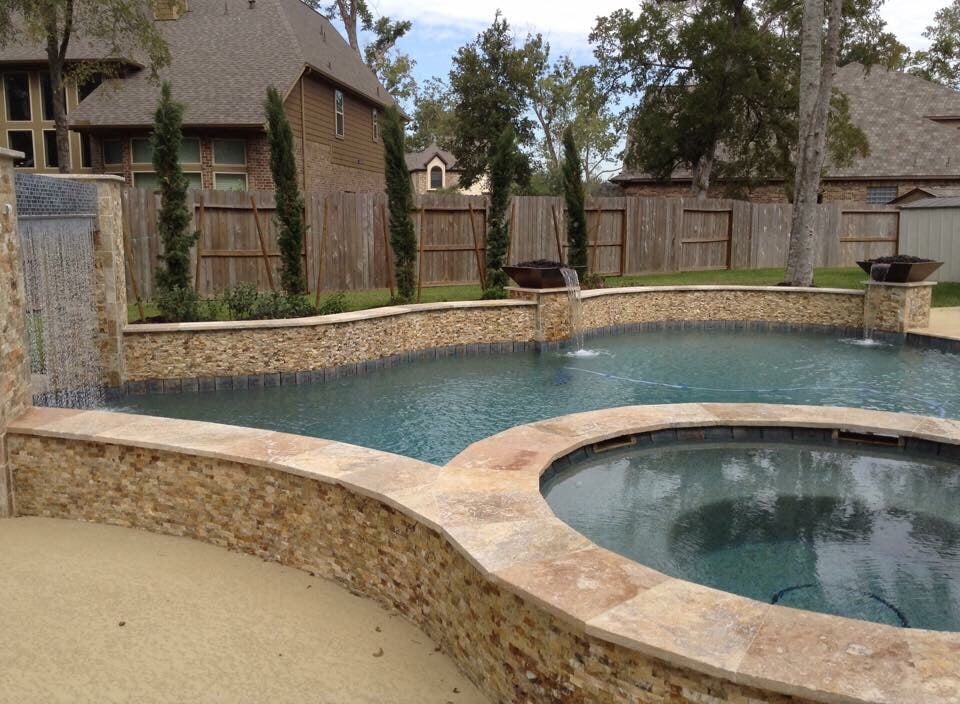Why You Should Consider a Salt Water Chlorinator for Your Pool
The salt in your pool’s water is converted into chlorine by electrolysis technology in a chlorine chlorinator. Your pool will remain safe for swimming thanks to the constant generation of chlorine, which eliminates harmful bacteria and germs like algae. A pool with a salt water chlorinator is always clean, clear, and safe to swim in. Owning a pool requires this because it keeps the pool in good shape and helps swimmers stay healthy.

Benefits of a salt water chlorinator
Cost Effective
A salt water chlorinator comes with a high initial cost, but it’s ultimately very economical. Because salt is more affordable than ordinary chlorine, a salt water chlorinator can quickly recoup its initial investment. For the salt content in water to remain constant, you only need a negligible amount of salt. Water loss and precipitation will also affect the total amount of salt needed.
No Harsh Chemicals
Using a salt water chlorinator eliminates the need to add more sanitizing chemicals to the pool. It also reduces the amount of chlorine already present in the water. This eliminates the need to deal with the hazardous chemicals typically found in chlorine-based swimming pools. When compared to the alternatives, maintaining a pool with a salt water chlorinator is better for the planet. Furthermore, you won’t have to contend with the overpowering chlorine smell that plagues many public swimming facilities. Because there aren’t a lot of harmful chemicals in the water, it is safe for your skin.
Swimmers won’t worry about getting red eyes, dry skin, or stained swimwear. Because there are no dangerous chemicals in the pool water, swimming is a complete and utter comfort. A salt pool not only has a beautiful appearance but also provides a pleasant experience.
Minimal Maintenance
A saltwater chlorinator’s low upkeep needs are one of its best features. The owner of one of these pools will have less work to do because they typically clean themselves. No further disinfectants are required. A healthy swimming pool relies on water that has been tested on a regular basis for hardness, pH, and alkalinity. Algae are less likely to flourish in salt water since disinfectant concentrations are always high. There will be less scrubbing required as a result.
Health Benefits
The health benefits of swimming in saltwater pools vs. chlorine-treated pools are well documented. You may relax knowing that your eyes, hair, and skin are in good hands with salt water. This will alleviate many people’s discomfort when submerging themselves in chlorinated swimming pools. Swimmers will have a lot better time in treated water because it has lower chlorine levels.
Versatile
A salt water chlorinator is adaptable and simple to set up in any swimming pool. Consult a reputable pool service like Southern Poolscapes for help with making the switch to saltwater. Converting to a salt water system is beneficial whether you have a small home Jacuzzi or a large Olympic-sized pool for competitive swimmers.
What type of salt does a chlorinator use?
A chlorinator is more cost-effective because it requires only salt as an operating chemical. Many different forms of salt exist, but only three are ideal for use in a swimming pool. They include:
Mined salt
Mined salt is one is the cleanest salt and releases the fewest mineral and organic pollutants. This makes it the finest option for your pool. It’s the most expensive because it dissolves the quickest and is the least taxing on your generator and the pool.
Mechanically evaporated salt
Like solar salt, this method relies on evaporating water to produce salt. Concentrated heat used in the process burns off organic debris for a cleaner final product. However, minerals that are harmful to your chlorine cell or pool will remain.

Solar salt
It is made by flooding enormous storage areas with saltwater and evaporating the water using solar energy to produce pure salt. You get what you pay for when it comes to this sort of salt. This is because it is the most impure and, hence, the least expensive. Your cells’ life span will be shortened due to the increased effort required to create chlorine in the presence of these contaminants. This can be anything from organic waste to mineral deposits.
Ready to install a salt water chlorinator?
Automatically and without effort, you can enjoy the highest possible pool water quality. Using a salt water chlorinator eliminates the need to acquire, store, and transport chlorine compounds produced in a manufacturing facility. Get rid of the harsh chlorine odor, dry, itchy skin, and red, burning eyes right away. Contact Southern Poolscapes to have it installed in your pool if you care about efficiency and health.
Alabama
Bayou La Batre, Bon Secour, Coden, Daphne, Dauphin Island, Eight Mile, Elberta, Fairhope, Foley, Grand Bay, Gulf Shores, Irvington, Lillian, Loxley, Mobile, Orange Beach, Robertsdale, Saraland, Seminole, Semmes, Silverhill, Stapleton, Summerdale, Theodore
Florida
Alford, Altha, Apalachicola, Bascom, Blountstown, Bonifay, Bristol, Campbellton, Cantonment, Carrabelle, Caryville, Chattahoochee, Chipley, Clarksville, Cottondale, Crawfordville, Crestview, Defuniak Springs, Destin, Eastpoint, Ebro, Eglin Afb, Fort Walton Beach, Fountain, Freeport, Graceville, Grand Ridge, Greenville, Greenwood, Gulf Breeze, Havana, Holt, Hosford, Hurlburt Field, Lamont, Lynn Haven, Madison, Malone, Marianna, Mary Esther, Midway, Milton, Miramar Beach, Molino, Monticello, Navarre, Niceville, Panacea, Panama City, Panama City Beach, Pensacola, Perry, Ponce De Leon, Port Saint Joe, Quincy, Saint Marks, Santa Rosa Beach, Shalimar, Sneads, Sopchoppy, Tallahassee, Valparaiso, Vernon, Westville, Wewahitchka, Youngstown

